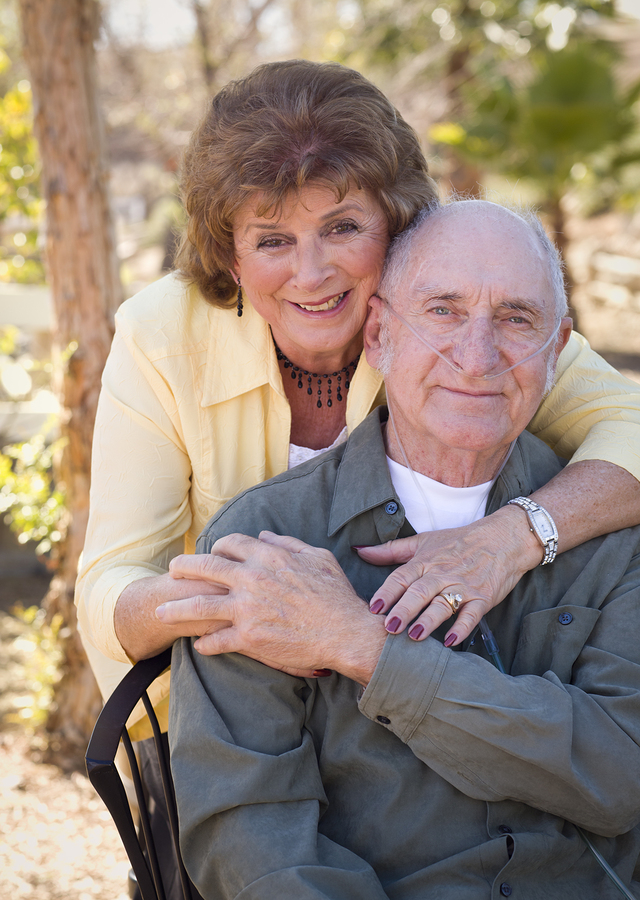
Recently Diagnosed or Relapsed? Stop Looking For a Miracle Cure, and Use Evidence-Based Therapies To Enhance Your Treatment and Prolong Your Remission
Multiple Myeloma an incurable disease, but I have spent the last 25 years in remission using a blend of conventional oncology and evidence-based nutrition, supplementation, and lifestyle therapies from peer-reviewed studies that your oncologist probably hasn't told you about.
Click the orange button to the right to learn more about what you can start doing today.
- You are here:
- Home »
- Blog »
- Multiple Myeloma »
- Myeloma Patients & Caregivers
Myeloma Patients & Caregivers

Do myeloma patients & caregivers think differently? According to the study linked below- yes, they do. I’ve been both a cancer patient and a caregiver (for my mom in assisted living). Believe you me, I thought differently, made different choices than my caregiver when I was a cancer patient and my mom when I was caregiving her in assisted living.
First and foremost, let me say that it would be nice if patients and caregivers were on the same page, felt the same way about everything. However, they don’t.
- Cure versus Control Debate
- Quality versus Quantity of Life
- Cost of cancer care aka financial toxicity
These are three of the issues that I have found myeloma patients & caregivers to disagree about.
How do cancer patients think differently than caregivers?
It’s important to note that individuals vary greatly in their thoughts, feelings, and experiences, so there is no one-size-fits-all answer to how cancer patients and caregivers think differently. However, we can explore some general perspectives that may be common among these groups.
Cancer Patients:
- Personal Experience: Cancer patients are directly dealing with the physical and emotional impact of the disease. They may be focused on their own symptoms, treatment plans, and the uncertainties surrounding their health.
- Fear and Anxiety: Cancer patients often experience fear and anxiety related to their diagnosis, treatment side effects, and the uncertainty of the future. They may be preoccupied with thoughts about survival, potential relapses, and the impact on their daily lives.
- Empowerment and Coping: Many cancer patients strive to maintain a sense of control and empowerment in their journey. They may actively seek information about their condition, engage in treatment decisions, and adopt coping mechanisms to navigate the emotional challenges.
Caregivers:
- Concern for Loved Ones: Caregivers, such as family members or friends, often focus on the well-being of the cancer patient. Their thoughts may revolve around providing support, managing logistics of treatment, and ensuring the patient’s comfort.
- Balancing Emotions: Caregivers experience a range of emotions, including empathy, worry, and sometimes helplessness. They may need to balance their own emotional well-being with the demands of caregiving, often prioritizing the needs of the patient.
- Advocacy and Decision-Making: Caregivers may take on the role of advocates for the patient, helping navigate the healthcare system, communicating with medical professionals, and making decisions in the patient’s best interest. This can be both rewarding and challenging.
Being a myeloma survivor myself, I have always believed that I have the final say in all things that pertain to my care. I am biased of course on this issue.
Are you a myeloma patient? Or are you caregiving a myeloma patient? What do you think? Let me know-
David.PeopleBeatingCancer@gmail.com
Thanks,
David Emerson
- MM Survivor
- MM Cancer Coach
- Director PeopleBeatingCancer
Factors Affecting Patient and Caregiver Preferences for Treatment of Myeloma and Indolent Lymphoma
“Treatment options for myeloma and indolent lymphoma are increasing exponentially, with distinct efficacy, side effects, and cost. We aim to determine the factors influencing patient and caregiver treatment preferences…
- out-of-pocket costs, followed by
- efficacy (25%),
- persistent side effects (19%),
- administration route (8%),
- treatment duration (7%), and
- short-term side effects (5%).
- efficacy (27%) as the most important attribute,
- over out-of-pocket costs (24%).
Our findings can help in the development of decision aids that incorporate the personal values and preferences of cancer patients and suggest that costs should be discussed openly with patients and caregivers.”

